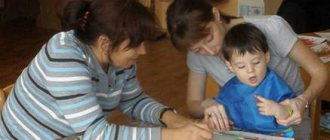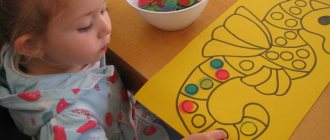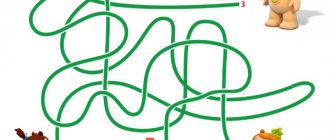Why does a 3-4 year old child behave badly?
There can be many reasons for bad behavior. Child psychologists identify the main reasons that you should pay attention to.
- The child attracts the attention of adults. When parents are constantly busy and cannot devote time to the baby, he wants to attract attention by any means. Since a three-year-old does not yet know how to build a constructive dialogue, he begins to behave badly, be capricious, and cry. Let mom and dad scold me, but they’ll drop what they’re doing and take care of me.
- The baby is asserting itself. From about two years old, the baby begins to show independence. Surely moms and dads remember the endless repetition: “I myself,” “I myself.” Parents consider a three-year-old child to be small and try to take care of him in every possible way. And the three-year-old resists parental control, including through disobedience.
- The child takes revenge on his parents. Whims, hysterics, screams can be revenge for an insult caused by mom or dad. Parents may not even realize that they have hurt the baby. For example, my mother forced me to finish eating tasteless porridge, and my father took my tablet and forbade me from watching cartoons.
- Low self-esteem. If a child is disappointed in something, has lost faith in himself, he may behave aggressively and inappropriately.
About the world around us
Children often start talking random nonsense when you go somewhere, or ask a ton of questions when you are wildly late. Take the initiative into your own hands and start asking questions yourself - this will distract the child a little, and you will learn a lot of new things.
- What do you see around?
- Do you think it will rain today?
- Don't you think this cloud looks like you?
- What color are these birds? How do they sing?
- Are there a lot of people on the street today or not so many, what do you think?
What to talk about with a 5-6 year old child
Children are increasingly becoming full-fledged interlocutors. Usually at this age, dads are more actively involved in conversations with their son or daughter. Continue to do everything as before, complicating and developing communication plots:
- offer to finish the story you start or create an alternative ending to a famous fairy tale;
- play games that involve speech and imagination.
Children, plus or minus, already understand humor and begin to joke themselves: tell funny stories, come up with funny rhymes, laugh contagiously in response to jokes and puns. All this can and should be included in everyday communication.







